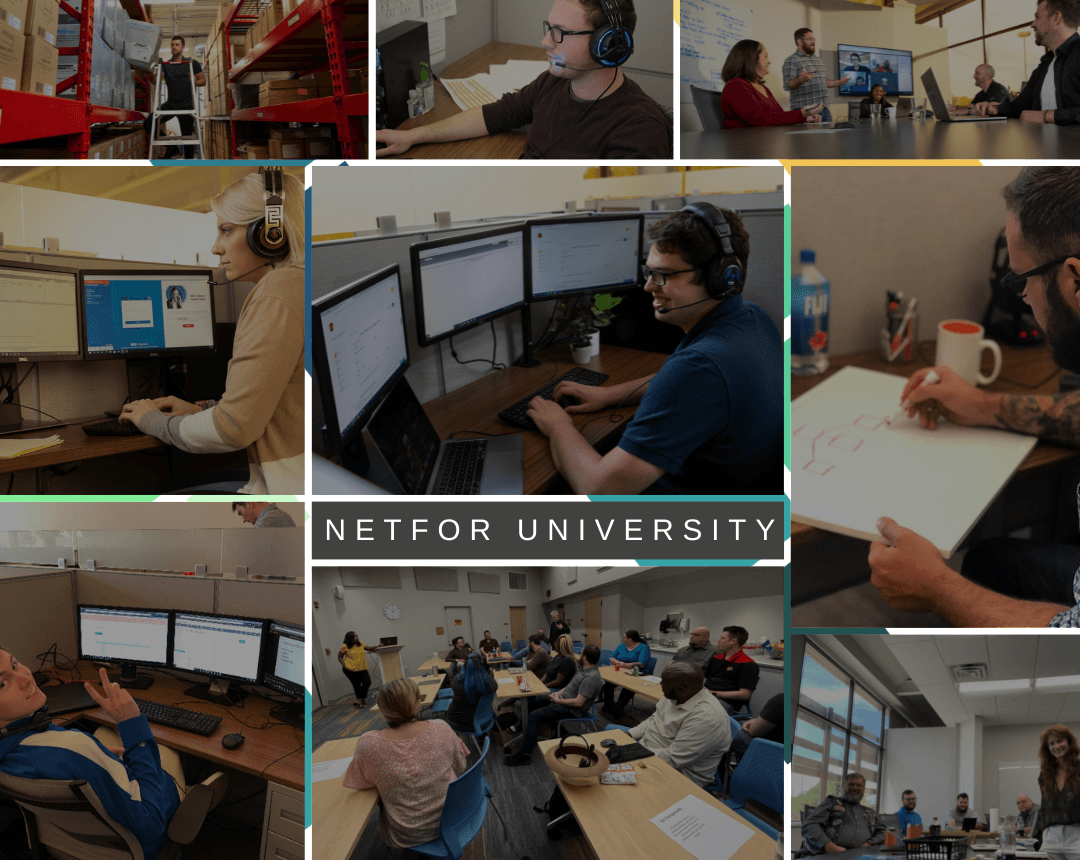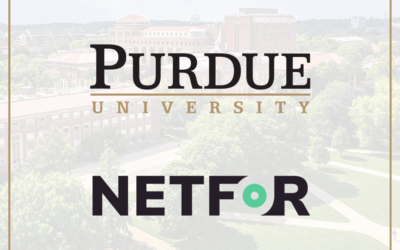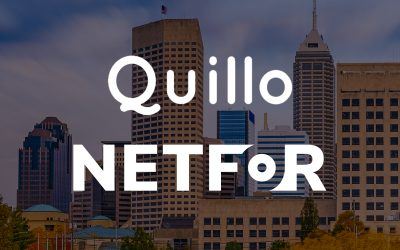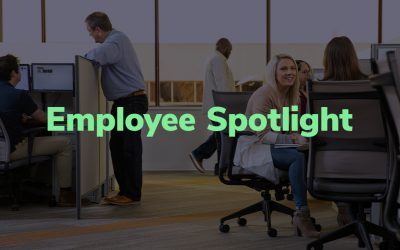Missing in most of the discussions about the ‘Great Resignation‘ is one of the biggest costs associated with employee turnover. New hires can take a while to reach full productivity because there’s so much to learn. The training to bring new employees up to speed can be costly, both in financial terms and in terms of hours, but it’s vital in ensuring everyone gains the knowledge they need to perform their roles effectively.
At the same time, a challenge for most organizations is accessing the knowledge stored in the brains of employees.
“Cindy’s an absolute encyclopedia on a particular subject, but what happens when she’s home sick, on vacation, quits, or even dies?”
Netfor’s business process outsourcing (BPO) model is primarily built upon knowledge of our client’s practices. So when we looked for ways to streamline and simplify onboarding and ongoing training, it made sense to give serious thought to our internal knowledge. Simply put, our team knows a lot about many different things, and any time someone moves on to a different opportunity, we lose a portion of that knowledge.
As we studied the reality of our situation, we realized we needed to find a way to accumulate, curate, and deliver all that knowledge, so it doesn’t simply stay in a single associate’s brain. That’s exactly what we do for our clients, so the logical plan was to do the same for ourselves.
Many of today’s fastest-growing companies have addressed knowledge needs by establishing internal digital universities (“it’s in the cloud”). Employees interested in moving through the ranks or transferring to another role can access classes, build up their knowledge when convenient, and earn certifications recognizing what they’ve learned. It’s a practical, effective approach, but it posed one problem for Netfor: we have just one individual focused on training the team. He delivers effective education, but one person can only do so much. And, when every associate is at a different level of knowledge, it’s challenging to provide what each needs.
Our Reason
Like many companies, Netfor moved increasingly to a remote work environment when the pandemic disrupted our world. And that’s where we found the answer. We discovered our associates preferred to learn online on their own time. Besides being more convenient, it was private, so if they needed to review something again, they could without having to awkwardly raise their hands and admit they didn’t understand something.
Add in the availability of easy-to-use video editing and distribution software, and we had the foundation for our own digital university. By recording all of our classes, our training expert only has to deliver them once. If a particular subject requires a one-hour presentation, and 100 associates need to learn that information over a typical year, the time it takes to record, edit, and make the presentation available through video is a tiny fraction of what it would take to present it 100 times. Plus, using a recorded class means everyone gets the same information.
Another reason this direction made sense is that we are increasingly hiring people who grew up with social media and YouTube. When the clothes dryer stops working, they don’t reach for the phone to call an appliance repair company. They open Google or YouTube and see if someone has already documented their problem and how to repair it. They’re already comfortable solving problems this way, so why not take advantage of that?
How do our employees feel about this?
How do we ensure our digital university incorporates everything Netfor’s associates need to know? We started assembling the content by constructing what we call a skills matrix, in which we’ve identified all the capabilities and resources associated with our roles. For example, we might look at a third-shift supervisor position and identify what someone needs to know to be promoted into and become effective in that role. Then we look for the gaps in knowledge we need to fill and develop content to fill them. An associate who wants to be considered for that role then knows what they need to learn and can pursue it.
Even more important, we’ve made it a user-driven process. We’ve built ways for anyone in the company to identify a need for specific knowledge and make us aware of it. Example: Suppose a help desk agent handles a call that requires knowledge they don’t have, but that would improve our ability to meet that client’s needs. That agent could submit a request, and we could then develop content to provide it or update an existing content piece to incorporate that issue.
Because one training expert can’t possibly know everything, we’d reach out to the associates who are experts on that subject and tap into what they know. We know they have the knowledge, so our approach provides a way for them to share that for everyone’s benefit. And ultimately, that equips us to deliver top-quality service to our clients. (And we also see opportunities to share lessons we produce with our clients’ employees to strengthen their understanding of Netfor’s role and relationship with them. That’s real transparency.)
Netfor’s digital university isn’t a one-time effort. Nor will it ever be complete. As we add clients and develop new knowledge, this repository of practical information will continue to grow. As we refine that information, it will become even more effective, and our team will get even better at what they do. That good for our employees, for our company, and most of all, for the clients who depend upon us.




